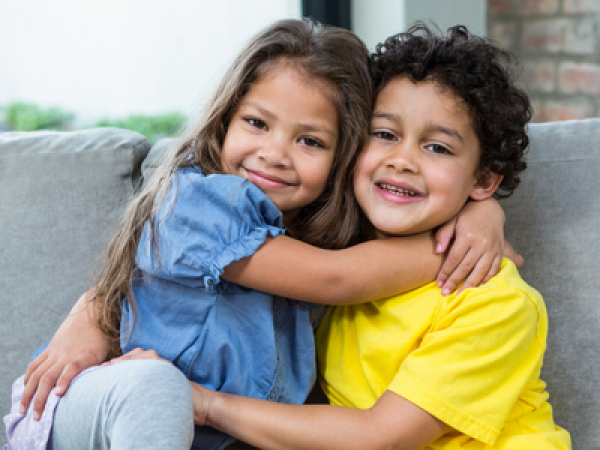Sibling separation in foster care is often overlooked but can have a big impact on a child’s development and emotional well-being. This article sheds light on current practices and new strategies to help foster carers and others support and maintain these essential sibling relationships. By understanding the statistics, psychological effects, and real-life approaches, you'll learn how to play a key role in strengthening these bonds and ensuring a better future for children in care.
Exploring the Impact of Sibling Separation in Foster Care
Sibling separation in foster care affects thousands of children each year. The Children's Commissioner reports that about 37% of kids with siblings are separated when placed in care, which means around 20,000 children experience this. This statistic shows how widespread the issue is and emphasises the need for solutions to keep siblings connected during their time in foster care.
Being separated from siblings in foster care can have serious psychological effects on children. Many feel more isolated, anxious, and experience a sense of loss, which makes adjusting to new foster homes even harder. These feelings can impact their mental health long-term. Keeping siblings connected isn't just about maintaining family bonds—it's crucial for their emotional and psychological well-being.
Strategies for Preserving Sibling Bonds in Foster Care
Tackling sibling separation in foster care requires both strong policies and practical solutions. Prioritising sibling placements is key, as it helps support children's emotional well-being and social growth. When joint placement isn’t possible, creative methods must be used to keep their connections strong.
One effective approach is using technology to keep siblings in touch. Video calls, online games, and messaging apps allow them to stay connected even when apart. Regular in-person meetups can also strengthen their bond, offering reassurance that they remain a family, even if living in different homes.
The Crucial Role of Foster Carers in Supporting Sibling Connections
Foster carers play a pivotal role in helping siblings stay connected. With the right training and resources, they can support these important relationships, even when siblings live apart. Training should cover how to set up visits, encourage online communication, and understand the special needs of separated siblings.
Here are some practical tips for foster carers:
- Encourage regular contact through letters, video calls, and visits.
- Create a shared album or diary where siblings can swap stories and pictures.
- Plan fun activities, like games or crafts, during visits to help strengthen their bond.
These efforts not only keep sibling bonds strong but also help children feel more grounded and supported during their time in care.
Long-term Benefits of Sustaining Sibling Bonds in Foster Care
Said to be the most enduring relationship, strong sibling relationships can lead to better mental health outcomes throughout a person's life. Some studies reviewed suggest that children who are placed with their siblings generally fare better than those who are separated. Overall, placing them together can also help improve childhood mental health.
This insight is crucial for foster care practices, as it emphasises the long-term value of investing in these relationships.
Success stories in foster care often involve siblings staying together or being given strong ways to stay connected. These stories show how resilient sibling bonds are and highlight the benefits of foster care practices that focus on keeping these relationships strong.
Conclusion: Strengthening the Ties That Bind
Sibling separation in foster care can deeply affect a child's emotional and psychological well-being. Keeping siblings connected is essential for their mental health and social development. Foster carers play a key role in this process, using strategies like regular video calls, shared activities, and creating keepsakes to help maintain sibling bonds, even when they live apart. These efforts highlight the powerful and lasting impact of sibling relationships.
The resilience of these connections shows that every effort to keep siblings close is an investment in their future happiness and stability. By prioritising these relationships, we foster not just children, but a sense of family and belonging.

